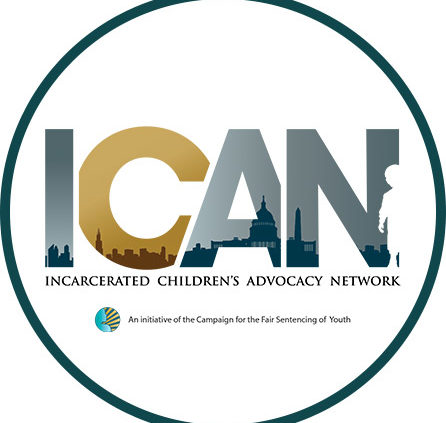Bill Pelke
On May 14, 1985, Ruth Pelke, a 78-year-old grandmother fondly known as Nana, was killed by four teenage girls she allowed into her home when they said they wanted to study the Bible with her.
Bill Pelke, Ruth’s grandson, was a father of children of similar ages to the teenage girls. The juvenile death penalty was still legal, and when prosecutors sought it for one of the assailants and one other girl, Bill’s family did not question the recommendation. At the time, Bill thought that the death sentence was appropriate because, as long as it was the law, his “grandmother deserved that her murderers should receive death.”
However, just a few months after one of the girls, Paula, was sentenced to death, Bill realized that the death penalty was not the right response to the murder of a woman with a tremendous faith in God. He became convinced that his grandmother would have wanted him to show more compassion. In fact, Bill was so certain of this that he wrote to Paula and began petitioning for a sentence for Paula that he felt his grandmother would approve of. Eventually, Paula’s sentence was reduced to 60 years with an early release after 30 years for good behavior.
During her time in prison, Bill had regular contact with Paula – he wrote to her every 10 days while she was on Death Row. Although he wanted to visit Paula immediately, he was not permitted to do so until Thanksgiving of 1994 – eight years after Ruth’s death. He described the meeting as “wonderful”: “Wonderful to have been able to face Paula, and not have the hate, anger and desire for revenge that it would have been so easy to have had, but to have the kind of love and compassion that I feel God wants us to have for all of his creation.”
As a result of attaining her GED and college degree, Paula was released in July 2013. However, the conditions of her parole – for which Bill was not asked to provide input – dictated that she could not make contact with him for two years after her release. While Bill was anxiously waiting to welcome her back into the world, he was heartbroken to learn that Paula committed suicide in May of 2015. Paula left behind suicide notes expressing her deep remorse for the crime she committed 30 years prior.
Bill is devastated that he was not able to be there for Paula and could not continue to express his forgiveness during the past two years. He believes that being able to talk to her may have helped her deal with her feelings of guilt. According to Bill, Paula’s story is a testament to the negative consequences of the overly punitive treatment of incarcerated individuals, even after their release.
Bill feels forgiveness has an immense healing power for all involved in a tragedy, including victims and perpetrators.



